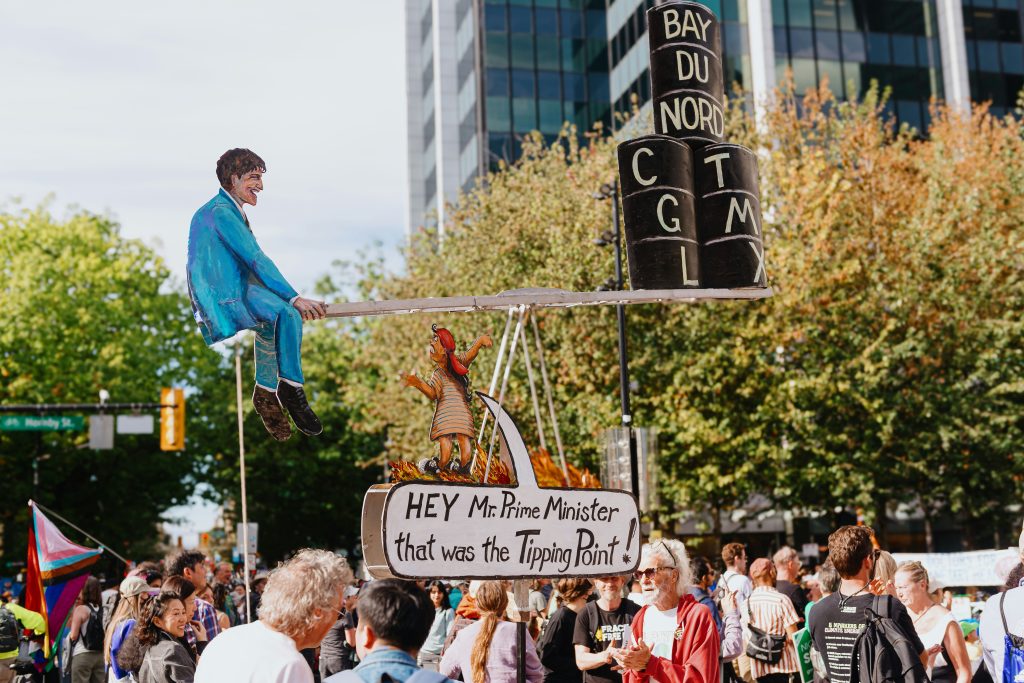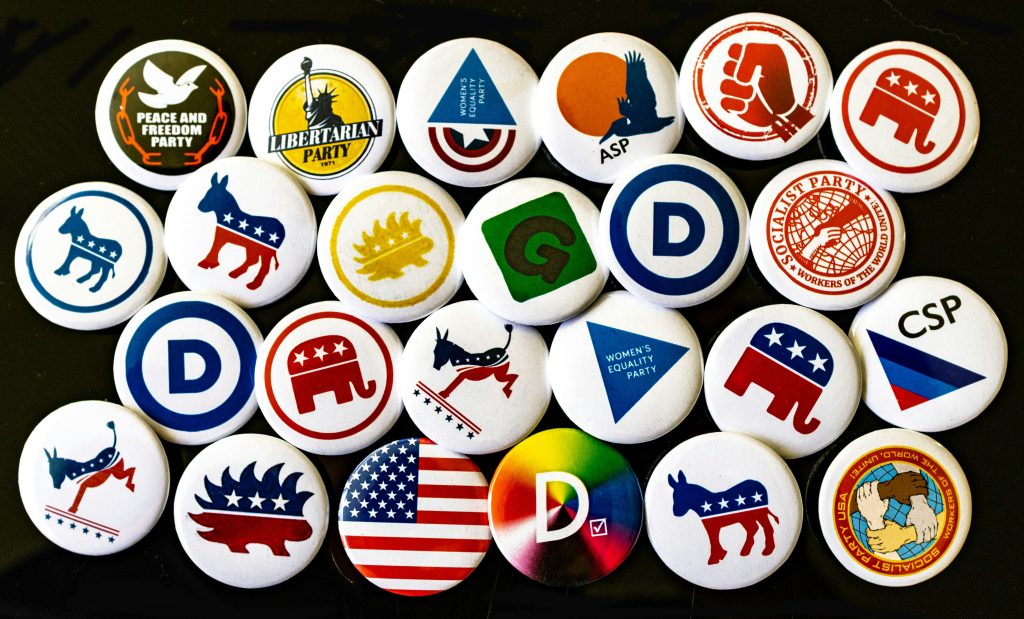Bruce Springsteen Endorses Kamala Harris in 2024 Presidential Election
In a passionate show of support, iconic musician Bruce Springsteen has officially endorsed Vice President Kamala Harris and Minnesota Governor Tim Walz in the upcoming 2024 presidential election. This endorsement comes as the political landscape heats up ahead of the November 5 election, and Springsteen’s voice adds significant weight to the Democratic ticket.
In a heartfelt video shared on social media, Springsteen expressed his concerns regarding the current political climate, labeling former President Donald Trump as “the most dangerous candidate for president in my lifetime.” His stark warning reflects a growing sentiment among many voters who believe that the stakes have never been higher.
The endorsement is not just a celebrity endorsement; it represents a broader movement among the artistic community, echoing sentiments shared by various influential figures in Hollywood. Springsteen’s support for Harris and Walz aligns with their progressive policies and vision for a united America. This endorsement is particularly notable as it highlights the importance of cultural icons in shaping public opinion and mobilizing voters.
Governor Tim Walz’s enthusiastic response to Springsteen’s endorsement emphasizes the positive momentum for the Democratic campaign. In a recent interview, he expressed gratitude for the support and enthusiasm brought by Springsteen, indicating that it energizes not just the campaign but also the electorate who admire Springsteen’s music and message.
As the election approaches, the competition is intensifying, with various candidates rallying their supporters. Springsteen’s endorsement is expected to resonate with younger voters and those who value artistic influence in politics. This demographic has often been swayed by the opinions of celebrities, and Springsteen’s long-standing commitment to social issues makes his endorsement particularly impactful.
Moreover, the reaction from political commentators has been mixed. Some have dismissed the significance of celebrity endorsements, arguing that they do not translate into votes. However, as history has shown, endorsements from cultural icons can galvanize support and encourage voter turnout, especially in a close election.
With his deep-rooted connection to American values and social justice issues, Springsteen stands as a symbol of hope and change. His call to action is clear: voters must engage in the democratic process and make their voices heard. As the 2024 election draws nearer, the endorsement from Springsteen is a reminder of the power of music and art to inspire political engagement.
As the race unfolds, it will be interesting to see how this endorsement influences voter sentiment and whether it can help to solidify a coalition of support for Harris and Walz. In a time when unity and collective action are crucial, the backing of influential figures like Springsteen may prove to be a pivotal factor in the election’s outcome.
Tags: 2024 election, Bruce Springsteen, Endorsement, Kamala Harris
A Historic Alliance: Liz Cheney Supports Vice President Kamala Harris in Wisconsin
In a remarkable display of bipartisan unity, former Republican Representative Liz Cheney publicly endorsed Vice President Kamala Harris during a rally in Ripon, Wisconsin, the birthplace of the Republican Party. This surprising alliance has sent ripples through the political landscape as Cheney, known for her vocal opposition to former President Donald Trump, emphasizes the importance of prioritizing the nation over party loyalty.
Speaking to a crowd of supporters, Cheney expressed her pride in casting her vote for Harris, framing her endorsement as a crucial stance for the future of American democracy. “We must put our country above our party,” she declared passionately, drawing attention to the threats she believes Trump poses to the nation’s leadership.
The rally, held on October 3, 2024, marked a significant moment in contemporary politics. Cheney’s presence alongside Harris in Ripon is a testament to her commitment to fostering a political environment that transcends traditional party lines. The event not only highlighted Cheney’s bravery in standing against the prevailing norms of her party but also showcased Harris’s ability to unite different factions in a polarized political climate.
As the crowd cheered, Harris took to the stage, welcomed warmly by Cheney. The Vice President spoke about the importance of collaboration and the need for leaders who prioritize the welfare of the American people. Her message resonated with many in attendance, reinforcing the idea that effective governance requires dialogue and cooperation between differing political views.
The significance of Cheney’s endorsement cannot be understated. It symbolizes a growing sentiment among some Republicans who are disillusioned with the direction their party has taken under Trump’s influence. Cheney’s willingness to publicly support a Democratic candidate underscores a critical moment in U.S. politics, where integrity and patriotism may be seen as more important than party affiliation.
Political analysts are closely monitoring this unprecedented collaboration, as it raises questions about the future of the Republican Party and its identity moving forward. Cheney’s actions may inspire other Republicans to reassess their allegiance to party ideology, particularly in light of the challenges facing the nation.
As the 2024 elections approach, this rally could serve as a pivotal point for both Cheney and Harris, potentially reshaping their political trajectories. For Cheney, it reinforces her position as a principled leader willing to stand against her party for the greater good. For Harris, it emphasizes her role as a unifying figure capable of bridging divides in an increasingly fragmented political landscape.
In an era where political polarization is rampant, Cheney and Harris’s partnership serves as a beacon of hope for many who yearn for a more collaborative approach to governance. Their joint appearance in Ripon is not just a campaign event; it is a powerful statement about the need for integrity, unity, and progress in American politics. As voters prepare for the upcoming elections, Cheney’s endorsement may inspire a broader movement towards bipartisanship, encouraging others to prioritize the nation’s welfare over partisan loyalty.
Tags: Bipartisanship, Endorsement, Kamala Harris, Liz Cheney
A Dramatic Shift: Tulsi Gabbard Endorses Donald Trump
In a striking political turn, former Democratic Representative Tulsi Gabbard has officially endorsed Donald Trump’s presidential campaign, marking a significant departure from her longstanding affiliation with the Democratic Party. This endorsement comes on the heels of Robert F. Kennedy Jr. suspending his own independent presidential campaign and also backing Trump, creating a wave of intrigue in the political arena.
Gabbard’s endorsement is not just a personal decision; it underscores a broader trend of disillusionment among certain progressive Democrats with the current party dynamics. Once celebrated as a rising star within the Democratic Party, Gabbard’s shift raises questions about the ideological divides within the party and the changing landscape of American politics.
The former congresswoman has been vocal about her frustrations with the Democratic establishment, particularly regarding issues such as foreign policy and civil liberties. With her recent alignment with Trump, Gabbard seems to be positioning herself as a voice for those discontented with the mainstream political narrative.
Additionally, Trump’s campaign has welcomed Gabbard and Kennedy into his transition team, signaling a strategic move to bolster his appeal among independent and moderate voters who feel alienated by the two-party system. This coalition of former Democrats could potentially reshape the political discourse leading up to the 2024 election.
As the political drama unfolds, many are left to ponder the implications of Gabbard’s endorsement. Will it galvanize a movement of former Democrats seeking alternatives to traditional party lines? Or will it further fracture the Democratic base, pushing more candidates and voters toward independent or third-party options?
Political analysts are closely monitoring the reactions from both the Democratic Party and Trump’s camp. Gabbard’s endorsement could serve as a catalyst for discussions around party identity and voter alignment in contemporary politics. The ramifications of this endorsement may extend beyond the election cycle, influencing future political collaborations and alignments.
In a landscape where party loyalty is increasingly questioned, Gabbard’s choice reflects a growing sentiment among voters who prioritize candidates’ stances over party affiliation. This shift may also inspire other politicians to reconsider their own positions and the parties they represent.
As the 2024 presidential race heats up, the dynamics will continue to evolve. Gabbard’s endorsement of Trump, alongside Kennedy’s support, suggests a potential merging of ideas that could challenge the status quo within American politics. With both figures now part of Trump’s transition team, their influence could reshape voter perceptions and party strategies in the months to come.
The political landscape is undoubtedly shifting, and Gabbard’s endorsement is a testament to the unpredictable nature of electoral politics. As more former Democrats explore new alliances, the question remains: will this trend lead to a significant realignment of the political spectrum in the United States? The coming months will reveal the true impact of these endorsements and the evolving identity of American political parties.
Tags: Endorsement, political shift, Tulsi Gabbard
Robert F. Kennedy Jr. Suspends Campaign, Endorses Trump in Controversial Move
In a stunning turn of events, Robert F. Kennedy Jr., the independent presidential candidate and member of the storied Kennedy family, has announced the suspension of his campaign and his endorsement of former President Donald Trump. This decision comes during a politically charged week marked by the Democratic National Convention and intense campaigning from both major parties. Kennedy’s endorsement has sparked a mix of praise and outrage, unveiling a rift within the environmentalist community and among his own family members.
Kennedy, known for his controversial stances on vaccines and environmental issues, has long been a polarizing figure in American politics. His pivot to support Trump has raised eyebrows, particularly among his environmental supporters who feel he has strayed from his foundational principles. Environmentalists have expressed disappointment, arguing that Kennedy’s actions betray the very causes he once championed. This shift also ignited backlash from members of the Kennedy clan, who have accused him of political betrayal, a sentiment that reflects the deep-rooted family values centered around public service and environmental stewardship.
Trump, in response to Kennedy’s endorsement, praised him as “phenomenal” during a recent rally, highlighting Kennedy’s ability to bring fresh narratives into the Republican campaign. Political analysts suggest that Kennedy’s support could provide Trump with new momentum, especially as he seeks to reinvigorate his campaign following recent setbacks. Republican strategist Alex Castellanos noted that Trump’s campaign had become predictable, and Kennedy’s endorsement could offer new talking points that resonate with a broader audience.
Kennedy’s decision to endorse Trump underscores the complex dynamics of the current political landscape, where traditional party lines are increasingly blurred. His endorsement may appeal to disenchanted voters who feel alienated from the Democratic Party, particularly those who value Kennedy’s populist approach and concern for individual liberties. However, it also raises questions about the future of his political influence and the potential alienation of his core supporters.
As the election cycle intensifies, observers are left wondering what impact Kennedy’s endorsement will have on both his political future and the broader electoral landscape. While some view this as a strategic move to align with a candidate who shares certain populist sentiments, others see it as a betrayal of the values he once stood for. This scenario highlights the ongoing struggle within American politics as candidates navigate their identities and the expectations of their constituents.
In the coming weeks, all eyes will be on the repercussions of this unexpected alliance as both Trump and Kennedy seek to galvanize support within their respective bases. The implications of this endorsement could be far-reaching, affecting not only the upcoming election but also the legacy of the Kennedy name in American political discourse. As Kennedy steps into this new role, his actions will be closely scrutinized by both supporters and detractors alike, with the potential to reshape the political narrative leading up to the election.
Tags: Donald Trump, Election 2024, Endorsement, Environmental Issues, RFK Jr, Robert F. Kennedy Jr.
Robert F. Kennedy Jr. Suspends Presidential Campaign, Endorses Trump
In a surprising turn of events, Robert F. Kennedy Jr. has officially announced the suspension of his independent presidential campaign. This decision, made during a news conference in Phoenix, marks a significant moment in the political landscape as he seeks to have his name removed from ballots in key battleground states. The announcement comes just as the election cycle heats up, and Kennedy’s candidacy was already seen as a longshot.
Kennedy, known for his controversial views and strong stance on various issues, had garnered a mix of support and criticism throughout his campaign. His decision to suspend his run has sent ripples through the political community, not only among his supporters but also among rival candidates.
In a twist that has caught many off guard, Kennedy expressed his intention to endorse Republican frontrunner Donald Trump. Trump’s acknowledgment of Kennedy at a rally in Arizona, where he praised him as a ‘phenomenal’ candidate, further solidifies this unexpected alliance. This endorsement is particularly striking given the historical context of the Kennedy family’s legacy, with some members publicly expressing their disapproval of Kennedy’s decision to align himself with Trump.
The implications of Kennedy’s suspension and endorsement are profound. For his supporters, it raises questions about the future of their political beliefs and the direction of their advocacy. For the Trump campaign, it presents an opportunity to attract a broader base, leveraging Kennedy’s supporters while consolidating his own political power.
Kennedy’s campaign, which began with high hopes and aspirations, faced numerous challenges from the outset. While he brought a unique perspective and a voice for certain voter demographics, the realities of a competitive political environment soon took their toll. His decision to exit the race and support Trump signals a strategic pivot that could reshape voter dynamics as the presidential election approaches.
As Kennedy steps back from the presidential race, the focus now shifts to how this endorsement will affect the upcoming election and whether it will sway undecided voters. The political arena is known for its unpredictability, and this latest development is a testament to the fluid nature of political alliances.
With tensions high and the election drawing near, the political landscape is more charged than ever. It remains to be seen how Kennedy’s supporters will react to his endorsement of Trump and what this means for the future of independent candidates in U.S. politics.
As the narrative unfolds, observers will be closely watching the responses from both the Trump campaign and the Kennedy family, as the fallout from this decision continues to develop. The intersection of these two political figures, both polarizing in their own right, sets the stage for a fascinating electoral battle ahead, where traditional party lines may blur in the face of shifting allegiances and strategic collaborations.
Tags: Donald Trump, Endorsement, presidential campaign, Rfk, Robert F. Kennedy Jr.
Robert F. Kennedy Jr. Considers Major Shift in Presidential Campaign Strategy
In a dramatic turn of events, Robert F. Kennedy Jr., the independent candidate for the U.S. presidency, is poised to address the nation this Friday regarding his future in the race. With growing speculation about the potential for his campaign to withdraw and endorse former President Donald Trump, the political landscape is buzzing with anticipation. Kennedy’s running mate, Nicole Shanahan, has indicated that discussions are ongoing about taking this significant step. The possibility of Kennedy’s endorsement of Trump raises questions about the implications for independent voters and the broader political dynamics leading up to the 2024 election. According to sources, country singer John Rich has claimed that an endorsement could come as soon as Friday, further igniting the conversation around Kennedy’s political maneuvering. Polls have shown fluctuating support for Kennedy, and his decision could reshape the electoral map in unexpected ways. As he prepares to deliver his speech, many are eager to hear how he frames his ‘path forward’ and whether it will indeed signal an exit from the race or a new alliance. This moment could mark a pivotal point not only for Kennedy’s campaign but also for the upcoming election, as the intersection of independent candidacies and established party politics continues to evolve. Political analysts are watching closely, as Kennedy’s next move could resonate across the political spectrum, influencing undecided voters and altering the course of the election. The implications of such a decision extend beyond individual campaigns, touching on the core issues of party loyalty, voter alignment, and the future of independent movements in American politics. As the date approaches, all eyes are on Kennedy, awaiting a revelation that could shift the political tides.
Tags: Election, Endorsement, Rfk, Robert F. Kennedy Jr.




